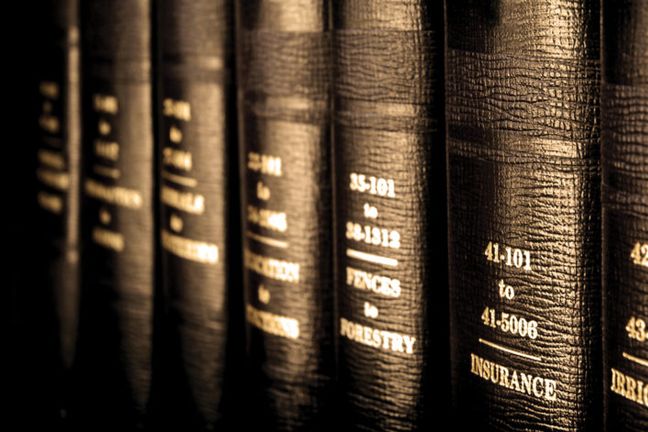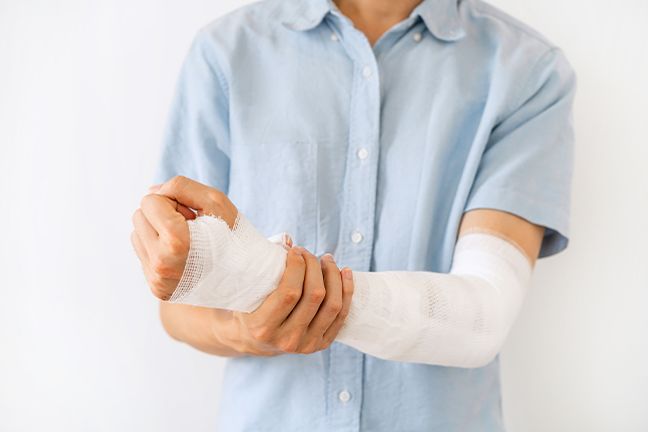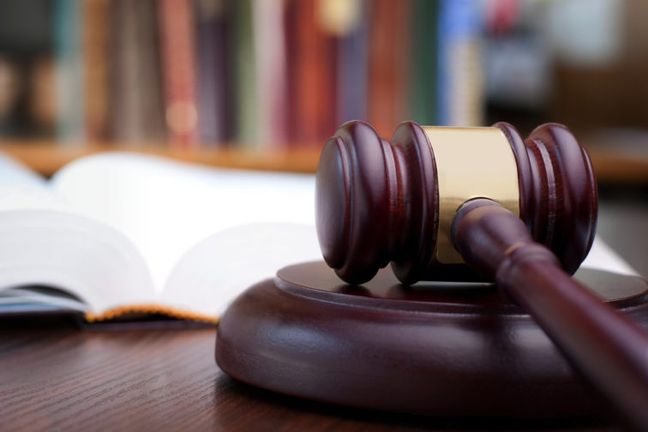Ludwig v. Van Horn, 2019 WL 6720476
Facts
Plaintiff Rudolph Ludwig sued Defendant Carl Van Horn almost three years after they got into a car accident. Although the accident occurred in Pennsylvania and plaintiff was a resident of PA, plaintiff filed his lawsuit in New York. Jurisdiction was proper solely because defendant was a resident of NY.
Defendant filed a motion to dismiss, arguing the lawsuit was time-barred by PA’s two-year statute of limitations even though NY’s three-year statute of limitations had not yet expired. The court granted defendant’s motion and plaintiff appealed.
Holding
Affirmed. When a non-resident of NY files a lawsuit in NY concerning a claim arising in another state, the claim must be timely under the statute of limitations in the litigant’s resident state, as well as in NY. If the claim is not timely in both locations, it is time-barred.
Takeaway
Beware of non-resident forum shopping plaintiffs. Check the statute of limitations period applicable to a non-resident plaintiff’s claim in his or her home state. There may grounds to challenge the claim as being time-barred even if the statute of limitations period has not expired under New York law.
Magassouba v. Cascione, Purcigliotti & Galluzzi, P.C., 2019 WL 6749586
Facts
Plaintiff Moustapha Magassouba filed a legal malpractice lawsuit against Defendant Cascione, Purcigliotti & Galluzzi, P.C. Defendant represented plaintiff in an underlying lawsuit where plaintiff advanced claims of false arrest, wrongful imprisonment, and deprivation of rights. Plaintiff sued defendant after he lost that lawsuit, claiming the loss was a result of defendant’s negligence. Defendant filed a motion to dismiss, asserting there was probable cause for plaintiff’s arrest. The court agreed and granted defendant’s motion on the basis probable cause was a complete defense to plaintiff’s claim. Plaintiff appealed.
Holding
Affirmed. To prevail on a legal malpractice claim, plaintiff must prove he would have prevailed in the underlying lawsuit but for defendant’s negligence. Plaintiff could not do that in this case.
Takeaway
Attorney negligence does not always give rise to a legal malpractice claim. To be actionable, the plaintiff must be able to show he or she would have prevailed in the underlying lawsuit had it not been for the attorney’s negligence.
Rabinovich v. Maimonides Medical Center, 2019 WL 6519430
Facts
Plaintiff Deborah Rabinovich sued Defendant Maimonides Medical Center for injuries she sustained from a fall after donating blood at defendant’s blood donation center. Plaintiff claimed she fell after losing consciousness due to an adverse reaction. In the complaint, plaintiff alleges defendant is at fault for her injuries because defendant failed to: (a) adhere to protocols for reducing blood donor adverse reactions; (b) obtain plaintiff’s medical history; (c) conduct a complete medical examination of plaintiff before drawing blood; (d) measure plaintiff’s hemoglobin levels; and (e) recognize plaintiff would react the way she did to the blood drawing procedure. Plaintiff’s formal cause of action against defendant was for general negligence, not medical malpractice.
Defendant filed a motion to dismiss the lawsuit on the ground plaintiff failed file and serve a certificate of merit with the complaint. Under New York law, a plaintiff must obtain, file, and serve a certificate of merit with a complaint alleging medical malpractice. While the complaint styled plaintiff’s claim as general negligence, defendant argued plaintiff’s allegations sounded in medical malpractice. In the opposition, plaintiff argued a certificate of merit was not necessary because (a) the complaint advanced allegations of general negligence, not medical malpractice; and (b) plaintiff interacted with a hospital employee who was not a medical doctor. The court agreed with plaintiff and denied the motion. Defendant appealed.
Holding
Reversed in part. Plaintiff’s claim sounds in medical malpractice, not general negligence. Plaintiff’s claim concerns knowledge of medical science and skill not commonly possessed by the average lay person. “[A]n action sounds in medical malpractice where the determination involved a consideration of professional skill and judgment.” (Id. at *1.) Furthermore, a treating provider need not be a licensed medical doctor for his or her treatment to give rise to a medical malpractice claim. The acts or omissions of non-medical doctor facility staff can also give rise to medical malpractice claims. The court gave plaintiff 60 days to comply with the certificate of merit requirement.
Takeaway
Consider challenging a plaintiff’s complaint for failure to obtain a certificate of merit whenever the pleading allegations implicate medical treatment of any sort. If you prevail, plaintiff will have to satisfy a more difficult evidentiary burden of demonstrating the defense committed medical malpractice instead of simple general negligence.


 Author: Emily Straub
Author: Emily Straub
 Audish v. Macias Builds Upon the Foundation Started in Howell v. Hamilton Meats & Provision, Inc. By Affirming the Admissibility of Medicare...
Audish v. Macias Builds Upon the Foundation Started in Howell v. Hamilton Meats & Provision, Inc. By Affirming the Admissibility of Medicare...
 My New Year’s Resolutions at Work
My New Year’s Resolutions at Work
 Barking Up the Wrong Policy
Barking Up the Wrong Policy
 California Civil Procedure Code Section 998 – a Means to An End
California Civil Procedure Code Section 998 – a Means to An End
 May or Must: California and the Ninth Circuit Applies Grammar Rules for FMLA
May or Must: California and the Ninth Circuit Applies Grammar Rules for FMLA
 Par For the Course
Par For the Course
 Shining Light on Phantom Medical Bills–Lessons from Washington on Using Federal Hospital Price Transparency Rules to...
Shining Light on Phantom Medical Bills–Lessons from Washington on Using Federal Hospital Price Transparency Rules to...
 When Roads Diverge in the Wood: the Power of Risk in Building a Fulfilling Career and Stopping Nuclear Verdicts®
When Roads Diverge in the Wood: the Power of Risk in Building a Fulfilling Career and Stopping Nuclear Verdicts®
 Ask Atty: Scott Ruksakiati
Ask Atty: Scott Ruksakiati
 Telemedicine: An Invaluable Weapon During the COVID-19 Crisis
Telemedicine: An Invaluable Weapon During the COVID-19 Crisis
 Physician Burnout: An Ongoing Crisis Increasing the Risk of Medical Malpractice Claims
Physician Burnout: An Ongoing Crisis Increasing the Risk of Medical Malpractice Claims
 New Law Affecting the Scope of Confidential Settlement Agreements in Nevada
New Law Affecting the Scope of Confidential Settlement Agreements in Nevada
 California Case Law Update
California Case Law Update
 Work Product Protection for Third Parties via Personal Injury Protection Insurance
Work Product Protection for Third Parties via Personal Injury Protection Insurance
 Colorado Case Law Updates
Colorado Case Law Updates
 The Scope of Legal Malpractice Damages
The Scope of Legal Malpractice Damages